Lifestyle
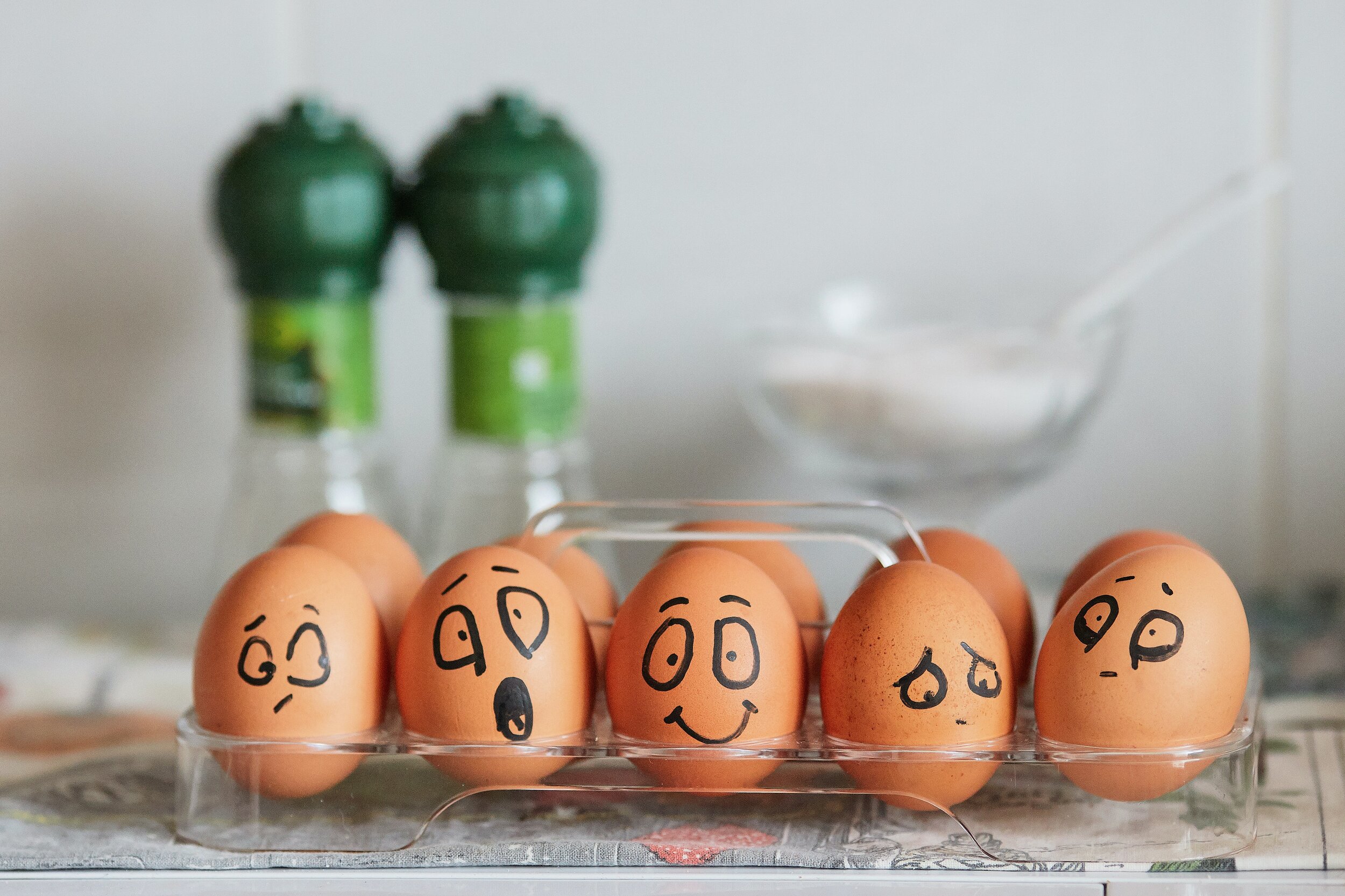
Thinking about expressing emotions to others can bring up feelings of uncertainty and fear. Many of our behaviors, both conscious and unconscious are learned early in life. Thus, if emotions associated with these behaviors were not validated growing up, it can feel overwhelming to try and share them as adults. Additionally, witnessing behaviors and behavioral patterns from important figures in our lives conditions us to develop beliefs about our emotions. For many of us we may have grown up in homes where no one discussed their feelings or in a home where certain feelings were linked to being “bad” or “good”. This can lead to difficulties in understanding how to regulate your emotional experiences. No matter what you may or may not have learned, it’s important to understand your feelings and emotions, including how they manifest in your body. Here are a few things that are important to keep in mind when we think of emotions.

Trauma-triggers often come up in both research and the popular media. The phrase “triggered” can often make others uncomfortable or dredge up negative emotions as it may make others feel they are seen as weak or too sensitive. The common misconception of the use of this phrase negatively impacts those who suffer from Post-traumatic stress and other trauma-related disorders. It’s important to understand the term and the implications this has for those recovering from traumatic events in order to support and validate their experiences.
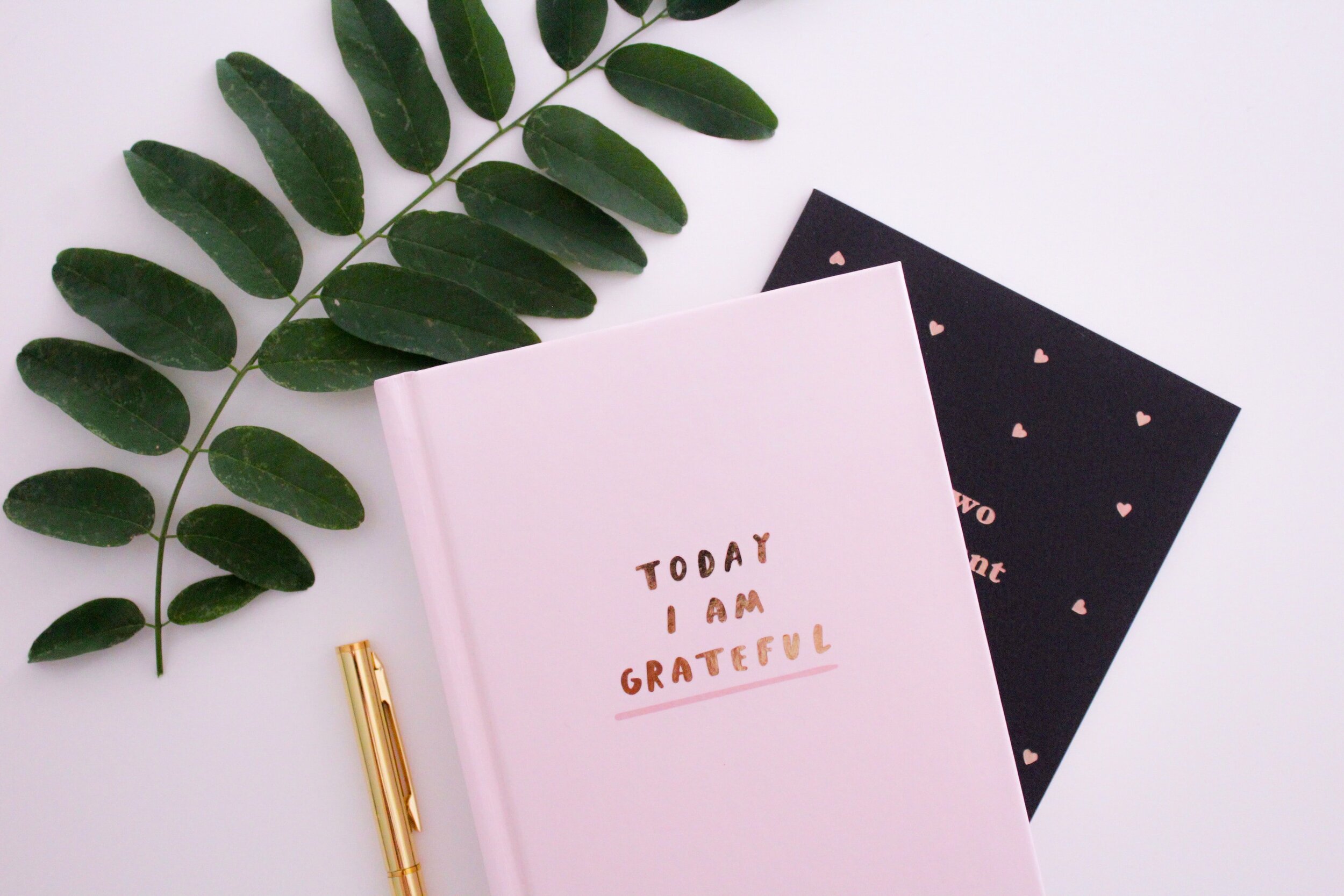
Research reports that when you practice gratitude you can in fact reduce depression and anxiety by keeping positive thoughts in mind. We all can remember being told to be grateful from early on in our childhood whether it was for receiving a gift or praise of some kind. Unfortunately, these types of statements, though well-intended, often limit emotional space. We start to believe it is not okay to feel angry, sad, or disappointed when there is so much we should be grateful for. We all have developed internal beliefs, over time, that can become harmful if we do not tackle them. So how do you reframe your thoughts about gratitude, you need to identify how they developed in the first place.

Stress can occur any day, throughout the day. We all want to be our best selves regularly whether this is in work or our personal lives. Self-care practices can help us ensure we are on our A-game however there are times where we may not be able to get those practices in. There are times where we have so much stress that our bodies and minds shift to survival mode. In these times it is important to have self-soothing, survival skills to get through stressful events, distressing periods, and move forward.
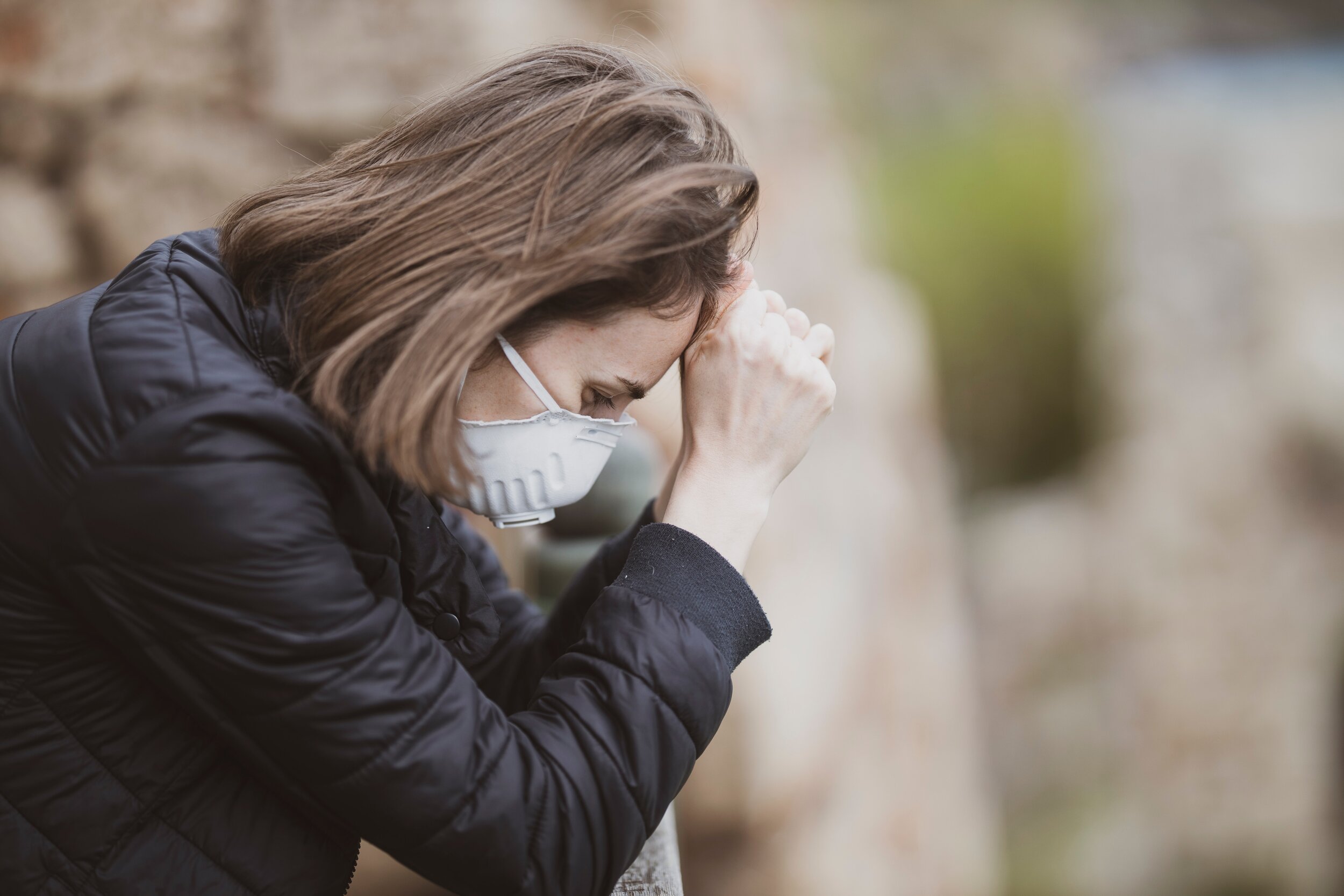
The ongoing COVID-19 pandemic has created sudden changes and uncertainty for all of us. Our routines have been disrupted in ways that none of us could have imagined even a few short weeks ago. ModernTherapy is committed to supporting your mental health whether that be through our counselors or through various community supports. We’ve compiled a list of resources with various self-care and support topics ranging from anxiety resources to mindfulness techniques.
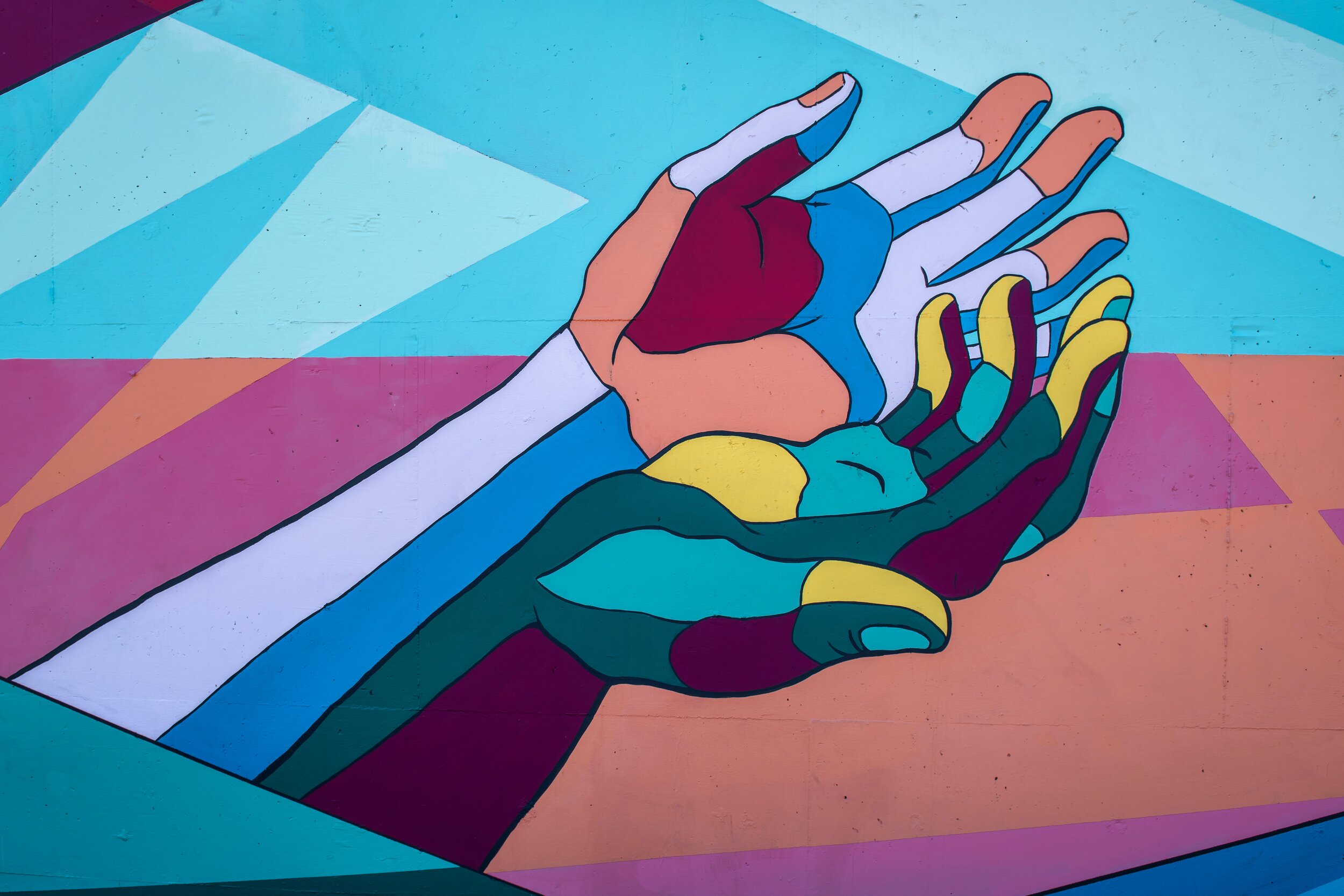
Social distancing has become crucial in order to prevent the spread of the new coronavirus. However, this can feel lonely and isolating, especially if you typically are on your own whether in your work life or personal life. For many, connecting via social media has become the new norm. Whether being on your own is something you are used to or not, the differences at present are valid and can take a toll on anyone.

We are always encountering stressful situations and have to determine the best ways to manage these in order to reduce anxiety and fear. As the Coronavirus pandemic continues, it is easy to feel fear and anxiety, amidst a global crisis. There is uncertainty around many things at present however this does not mean that you cannot use strategies to remain in the present and turn your thoughts away from those anxieties to other thoughts as well as ideas around what the future may hold at the end of this experience. There are strategies that can be used to remain in the present moment, pushing forward through anxiety.

Martin Seligman, one of the founding fathers of Positive Psychology, recommends the “Put It In Perspective” exercise to help refocus the brain and reduce anxiety. This practice focuses first on deciding the worst-case scenario, which our brains typically tend to do first, moves to the best-case scenario, and then settles on the most likely scenario. In this way, thoughts move from those that are irrational to those that are rational.

It remains uncertain how long this pandemic will last or the true impact it will have. Additionally, we still know little about the virus itself and how it impacts our daily lives moving forward. We still need to figure out what concerns we should have, as there are so many unknowns. However, what we do know right now is that everyone is impacted by this pandemic. Thus, it is time for us all to come together for a common goal, and utilize positive coping strategies to work through the present moment and any negative feelings that arise. This notion also gives comfort as we know we are not alone, we are all experiencing this.
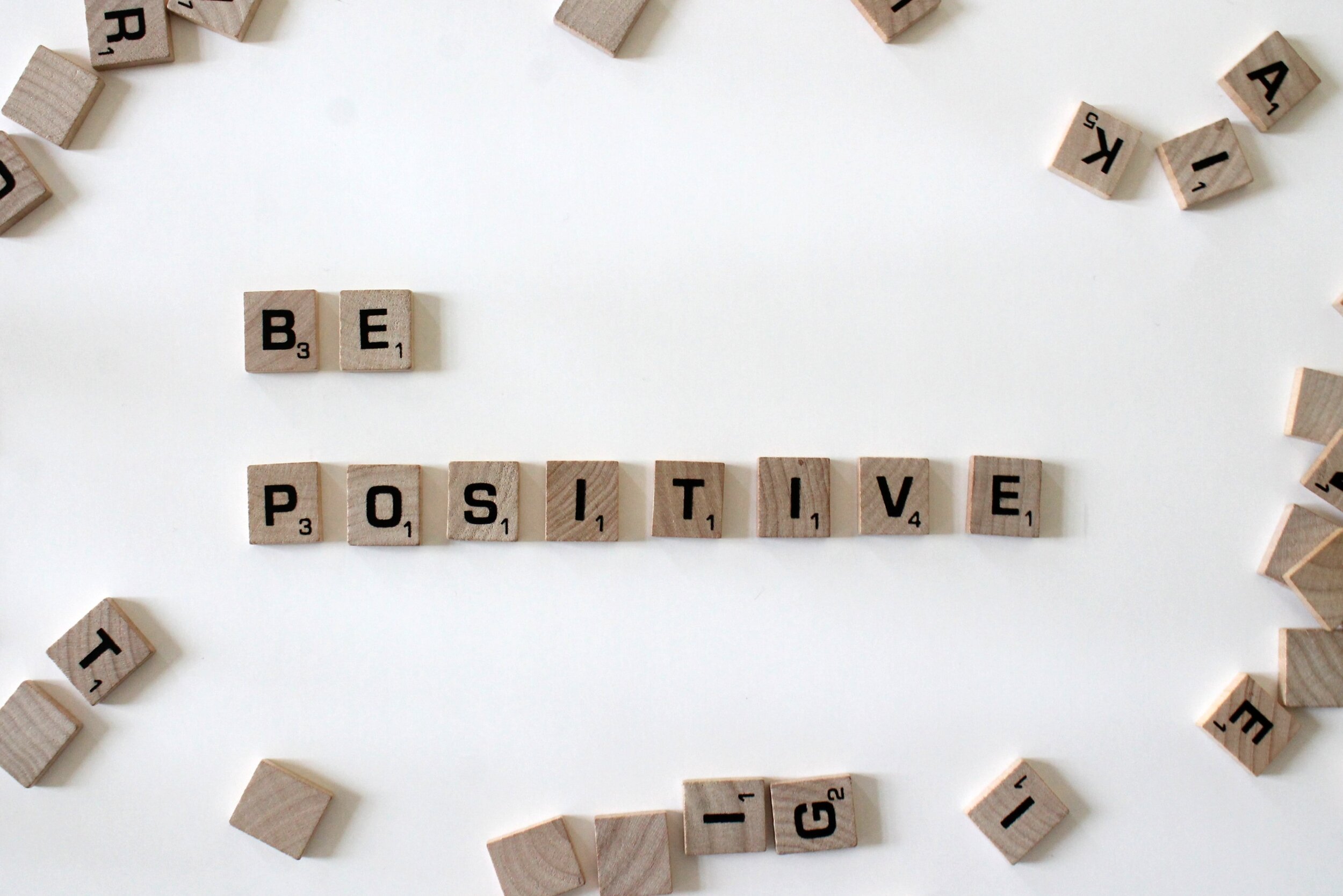
Right now, for many of us, the world is an uncertain, and at times, scary place. We may feel hopeless and unfocused at present, reading articles and watching reports that exacerbate those feelings. However, amidst this negativity there are many individuals engaging in acts of kindness and positivity, as well as acts of heroism as the world battles against COVID-19.